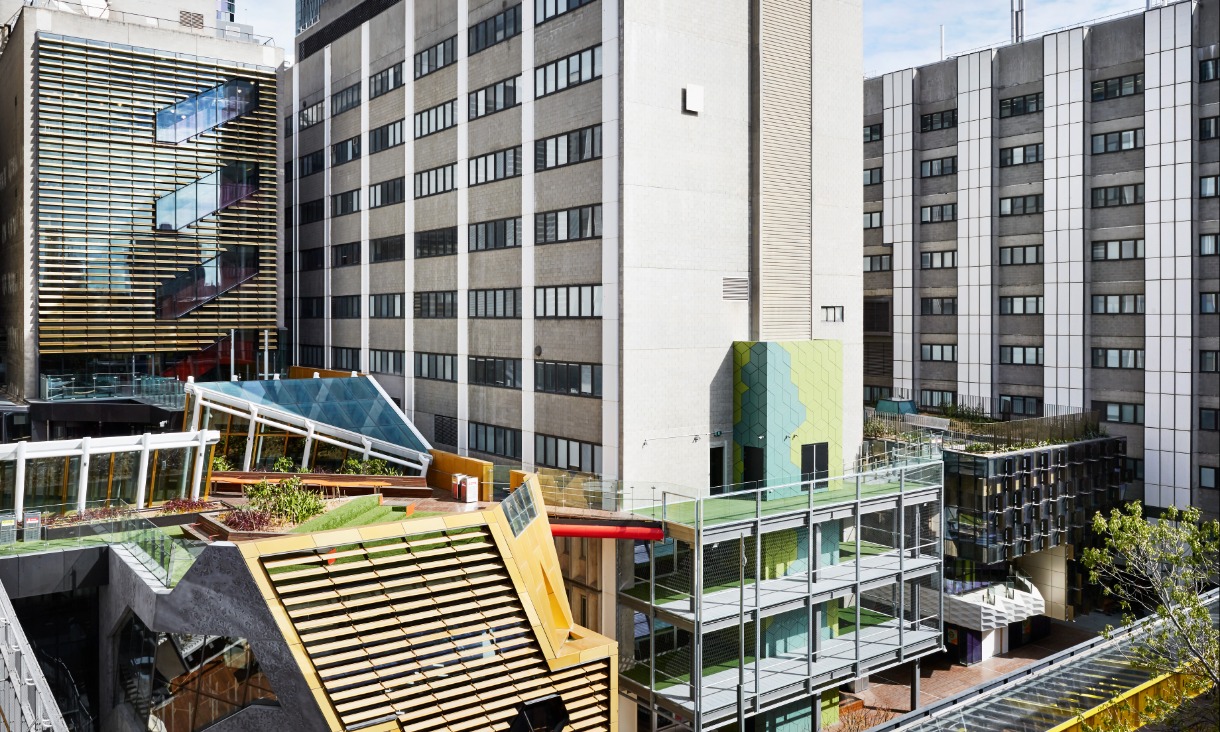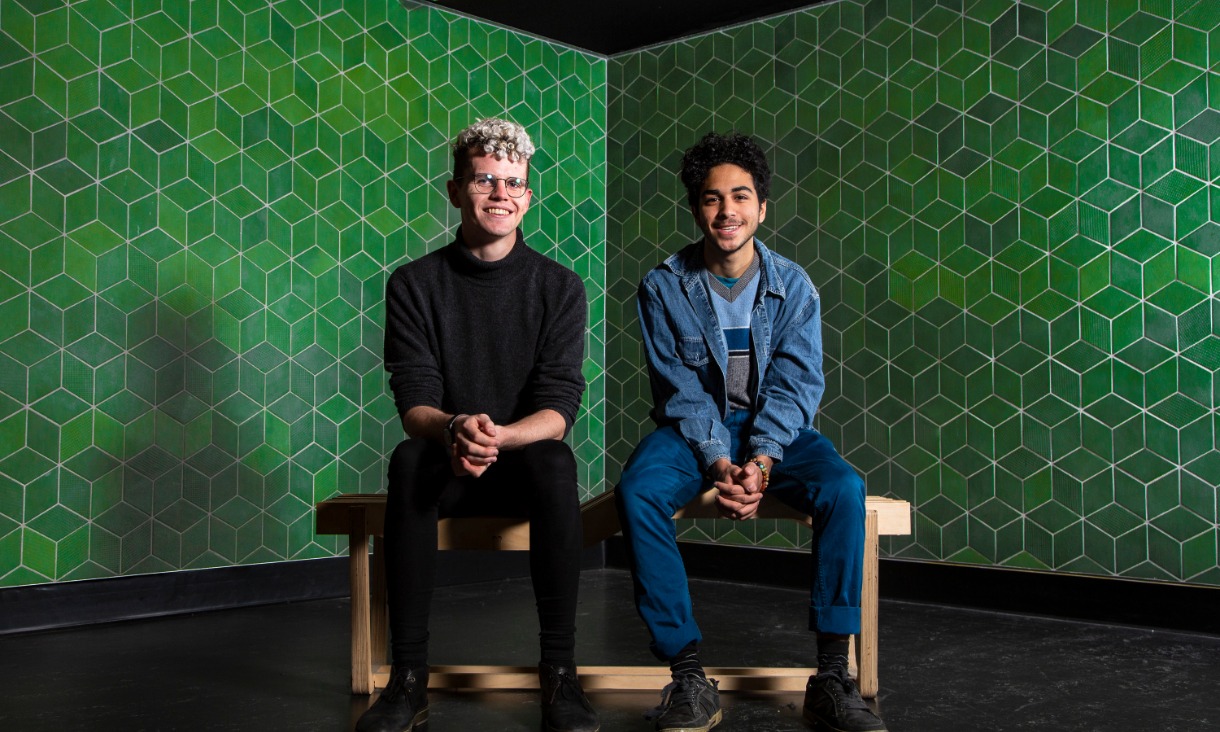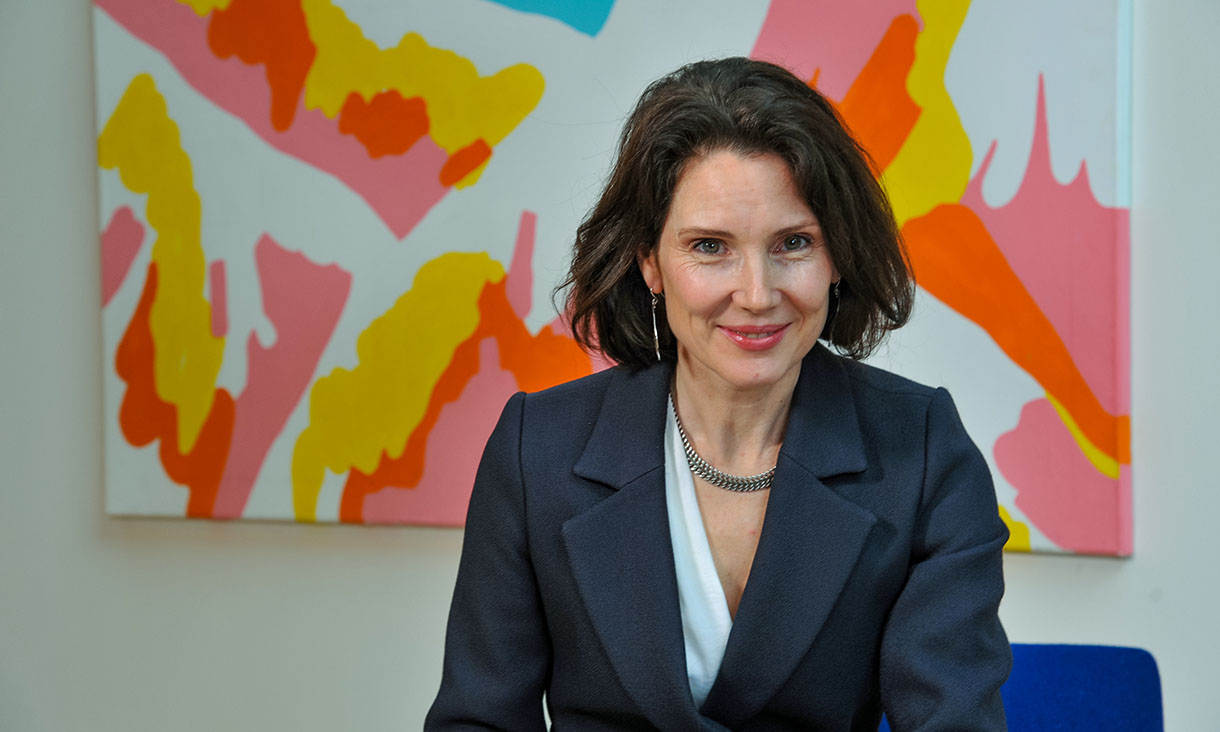Five Bachelor of Communication (Journalism) and two Graduate Diploma in Journalism students were awarded the scholarships from the Australian Government’s Department of Communications and the Arts.
The funding supports student journalists from regional areas as they acquire the required skills and knowledge to be job-ready journalists in the media industry.
Bachelor of Communication (Journalism) student Youssef Saudie said growing up Muslim in Alice Springs, along with his recent experiences as a youth services officer and volunteer at different media outlets inspired him to pursue a career in journalism.
“I used to really not like the news because of the way people like me – Muslims – were represented but later I found people can publish or broadcast objective stories about Muslims, which is something I want to be able to do,” Saudie, who is of Egyptian heritage, said.
“When I worked leading a youth action group last year, I had to get diverse voices to talk about issues and I thought that journalism would be a good way to provide a voice for people whose voices aren’t usually heard.”
Saudie said receiving the scholarship was a surprise that had motivated him.
“It’s a significant amount of money and I didn’t expect to get it,” he said.
“It’s motivating that people want me to be here and are supporting my education.”
Fellow undergraduate student Tia Cunningham-Rienecker said storytelling was in her blood as an Indigenous woman from the Gangulu tribe in the Mount Morgan area of Queensland.
“I feel like storytelling is a really important part of society and being able to tell a story from heaps of different perspectives is important,” she said.
“As an Aboriginal woman I would love to work in that field.”
Cunningham-Rienecker said she was grateful to receive the scholarship, which included money towards tuition and study expenses.
“It means that I can really focus on my studies and, when it’s time to do internships, that I can give back to rural communities and do some work out there,” she said.
Bachelor of Communication (Journalism) Program Manager Dr Alex Wake said RMIT was a premier provider of entry-level journalists in Victoria.
"All communities need a strong and vibrant local media if residents are going to play a role in democracy,” she said.
“These scholarships will help with providing vitally needed reporters to play that role in regional areas.”
Graduate Diploma in Journalism student Nicholas Hynes said he was thankful the scholarship would give him opportunities to explore different types of journalism.
“At the start it was just amazing. I was using a 10-year old laptop with a battery life of 35 minutes, which is very limiting when I’m going around doing interviews and editing audio, so at the start I used the money to buy a new laptop,” he said.
“Now, I’m a month and a half into the course, I’ve realised the scholarship has allowed me to step back from work and focus on study, which is what I need to do.
“I want to do a regional internship as part of the course. I’d love to go to somewhere like ABC Ballarat or ABC Bendigo.
“I’ll have to take time off work, find accommodation and this will help fund that as well.”
Hynes, who was born and bred in New South Wales’ Bega Valley before moving to Melbourne for his undergraduate studies six years ago, said there was a need for good quality journalism in regional areas.
“I identify as gay and I’m a member of the queer community in Melbourne. I’d love to live and work in Melbourne as it’s such an inclusive place. But, at the same time, I almost feel a sense of duty to be a voice that is often lacking in the regional media landscape,” he said.
Story: Amelia Harris





